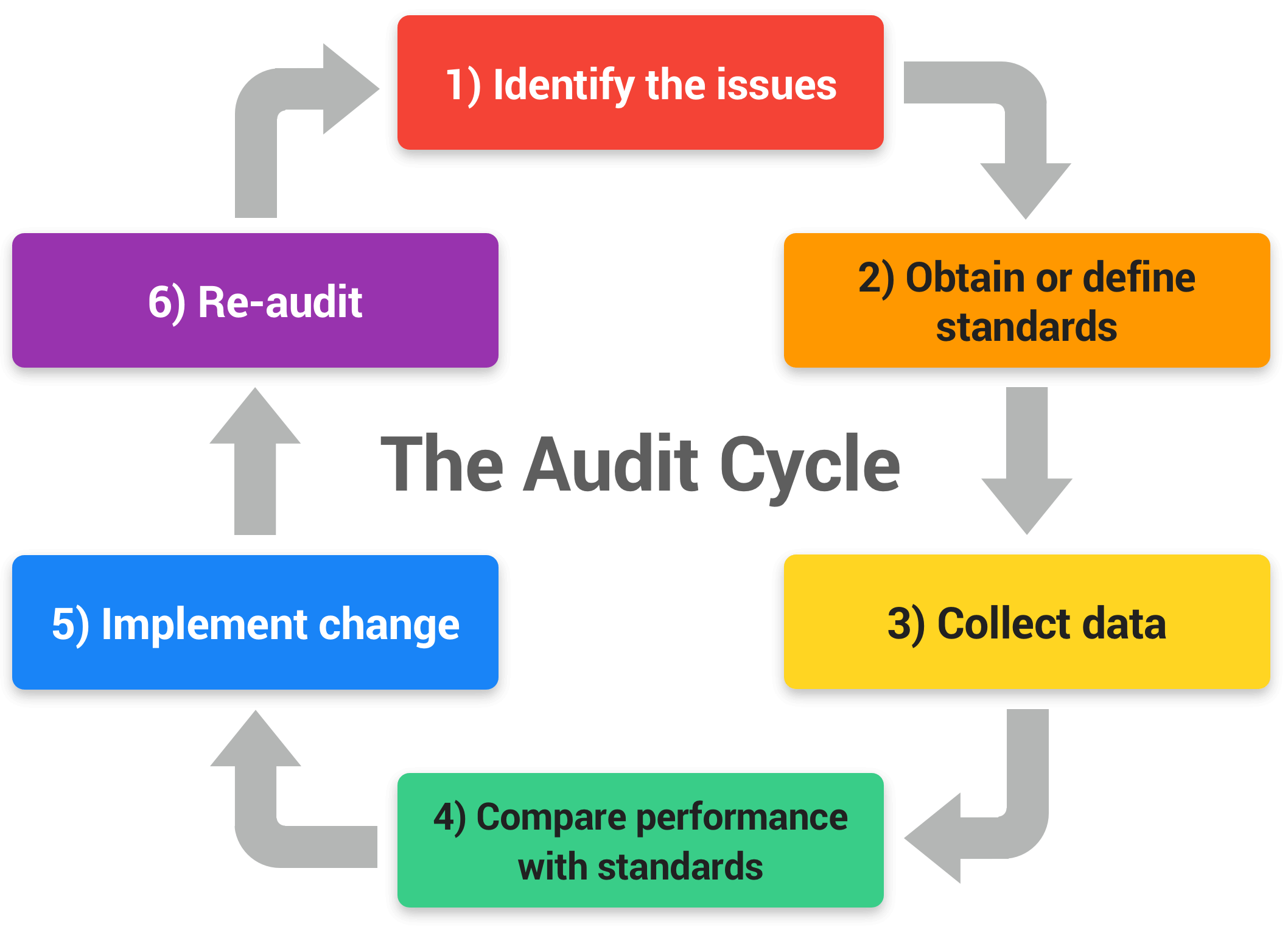
Real-time audits will show the project team how it will be assessed post-implementation, so it can address potential mistakes. The main stakeholders and project members should be invited to contribute to the milestone reviews. Internal audit can provide insights and assurance after each milestone. Internal audit’s scope and remit mean that it is in a unique position to get a sense of whether there is a problem and what needs to be corrected. Identify risks, mitigate and plan for contingencies
#Change auditing update
Internal audit should seek to embed itself in the project by attending regular progress and update meetings. Every project is unique and so internal audit needs to give its view of ‘what good looks like’.Įstablishing good practices Set out terms of reference and build team rapport.Internal audit must make practical and realistic recommendations.


Ensure all stakeholders understand internal audit’s role and the scope of its assurance work.
#Change auditing download
ICAEW faculty members can download the full-length guide.The principles and practices we set out in our guide are scalable and can be implemented in a proportionate way to fit an organisation’s size. Either way, the criteria for completion should be clearly defined at each point of the project life cycle.īelow, we highlight factors that will help keep internal audit’s role relevant and provide an outline of practices to apply to help project teams succeed. Teams involved in these projects may be using a traditional ‘waterfall’ approach with its structured sequence of key activities and stages, or a more agile methodology, where activities are completed in shorter and more intense timeframes. A flexible approach will be needed, taking into account the nature of the individual projects. Given its broad skill set, internal audit is well placed to provide independent, objective and value-adding oversight of major projects and assess their health and viability.

Once identified, the second challenge is to complete the projects successfully. This guide outlines how internal audit can help project managers implement changes by adopting good practices throughout the project life cycle.Īmid finite resources and budgets, it is critical that organisations focus on changes that offer the highest value when faced with many project requests. Change is a feature of doing business, but managing it successfully can be complex.


 0 kommentar(er)
0 kommentar(er)
